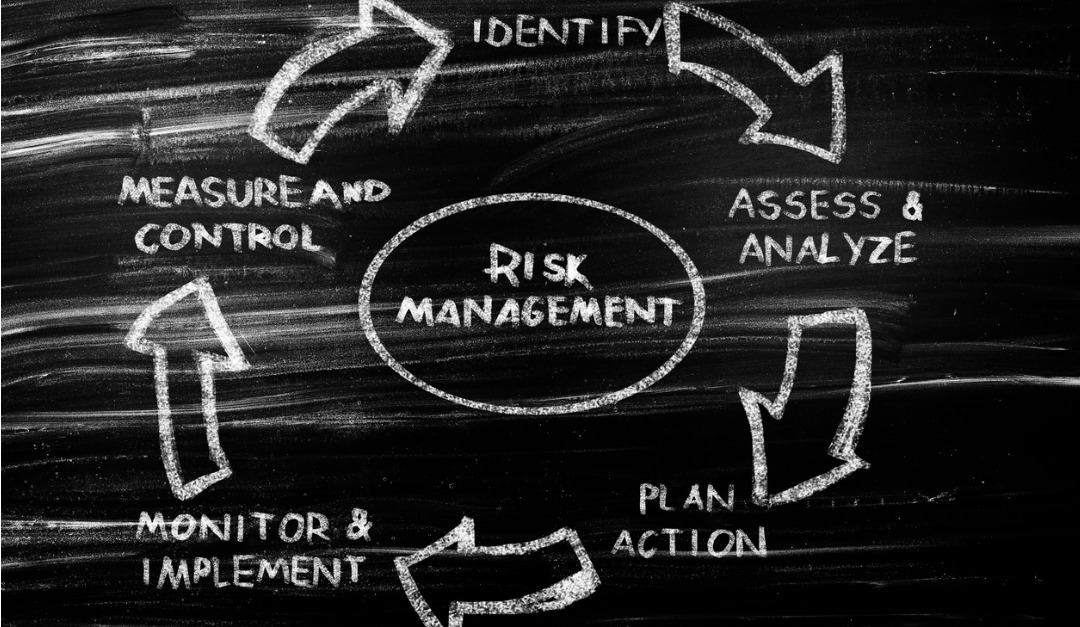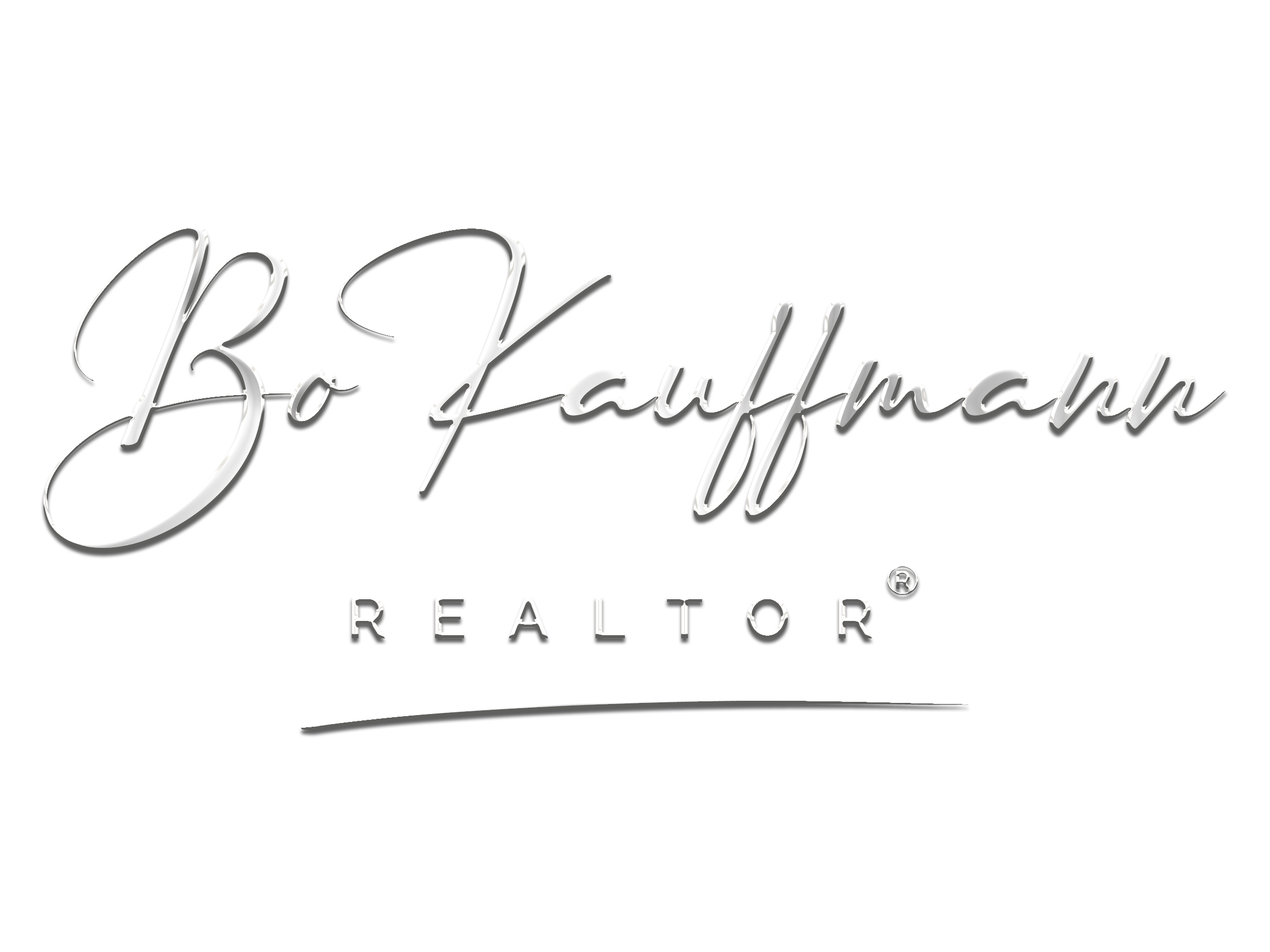
Protecting Yourself From Real Estate Investment Schemes
There is an old adage that says, “If it sounds too good to be true, it probably is.” There are some unscrupulous types around today who try to lure unsuspecting and trusting consumers into real estate ventures which are financially hazardous.
The Canada Revenue Agency (CRA) continues to warn Canadians—including tax representatives and tax preparers—about tax schemes that involve promoters who claim residents can obtain significant tax write-offs by investing in real estate via a limited partnership.
What exactly is a tax scheme?
Tax schemes are plans and arrangements attempting to deceive taxpayers by promising to reduce the taxes they owe. These can be through large deductions or promises of tax-free income. Schemes can also include other creative ways to convince people they could pay fewer taxes by getting involved with real estate.
How scammers try to entice you. This scheme is advertised as an opportunity for you to make a wise investment in real estate through a limited partnership. These schemes are usually promoted as having significant tax advantages and limited liabilities. The promoter makes promises of a tax write-off for more than double of what you’ve invested.
As a potential investor, you’re told you’ll be able to claim a write-off due to costs being expensed in the project’s first year. For instance, if you’ve invested $5,500, you’ll be told you can write off $12,500 because of financial services, tenant improvement costs and lease enhancement. To put it succinctly, this is a lie.
Limited partnerships are legitimate, and they exist to provide investors with benefits akin to partnerships and corporations, but they’re different than general partnerships in that an investor’s liability is restricted to what amount he or she invested. To that end, investors can’t claim a higher tax write-off than what was invested.
Stay clear or suffer the consequences. The CRA has said it is continuing to identify and shut down such schemes. They have indicated that those who get involved in these situations and those who promote them may face serious consequences including hefty fines and even jail time.
How to protect yourself and others. If you suspect a real estate scheme, you should:
- Get professional, independent advice before investing
- Correct your taxes through the CRA’s Voluntary Disclosures Program if you’ve participated in one of these schemes
- Report a suspected scheme to the CRA.
A tax preparer who offers unusually or uncharacteristically large refunds can mean questionable practices. Do not assume schemes and promised tax benefits are legal under the Income Tax Act. If you suspect anything suspicious, get a second opinion.
